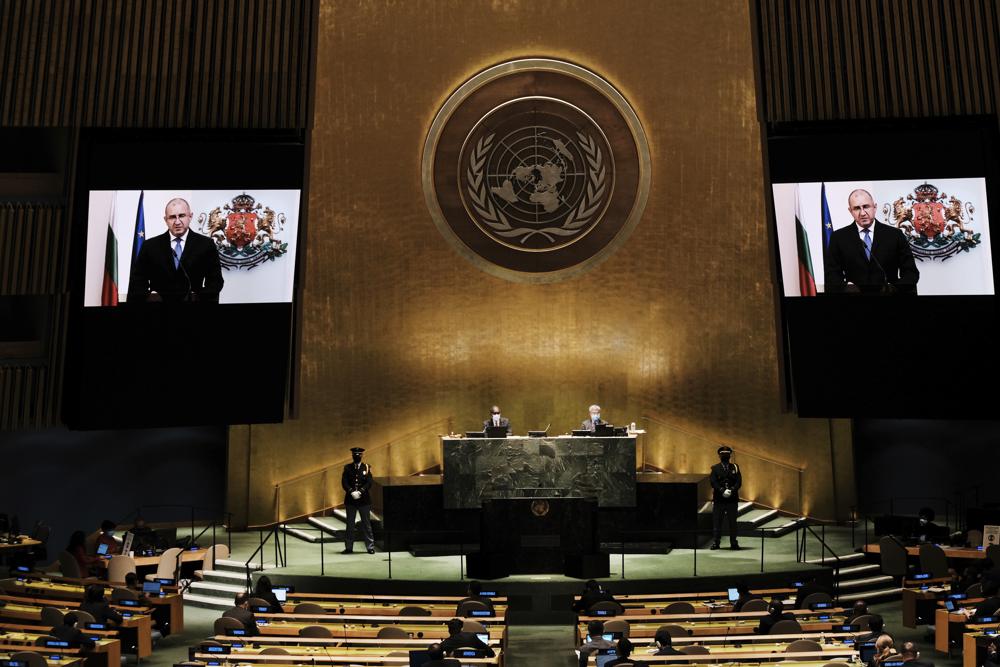Uncharted Warming
The earth has just witnessed its hottest January on record, defying expectations and leaving climate scientists scrambling for answers.
For the first time since the COVID-19 pandemic began, more than two dozen world leaders appeared in person at the U.N. General Assembly on the opening day of their annual high-level meeting.

Photo: AP
Racism, the climate crisis, and the world’s worsening divisions will take center stage at the United Nations on Wednesday, a day after the U.N. chief issued a grim warning that “we are on the edge of an abyss.”
For the first time since the COVID-19 pandemic began, more than two dozen world leaders appeared in person at the U.N. General Assembly on the opening day of their annual high-level meeting. The atmosphere was somber, angry, and dire.
Advertisement
China’s President Xi Jinping warned that “the world has entered a period of new turbulence and transformation.” Finland’s President Sauli Niinistö said: “We are indeed at a critical juncture.” And Costa Rica’s President Carlos Alvarado Quesada declared: “The future is raising its voice at us: Less military weaponry, more investment in peace!”
Advertisement
Speaker after speaker at Tuesday’s opening of the nearly week-long meeting decried the inequalities and deep divisions that have prevented united global action to end the COVID-19 pandemic, which has claimed nearly 4.6 million lives and is still raging, and the failure to sufficiently tackle the climate crisis threatening the planet.
COVID-19 and climate are certain to remain top issues for heads of state and government. But Wednesday’s U.N. agenda will first turn the spotlight on the commemoration of the 20th anniversary of the controversial U.N. World Conference Against Racism in Durban, South Africa, which was dominated by clashes over the Middle East and the legacy of slavery.
The U.S. and Israel walked out during the meeting over a draft resolution that singled out Israel for criticism and likened Zionism to racism — a provision that was eventually dropped. Twenty countries are boycotting Wednesday’s commemoration, according to the Conference of Presidents of Major American Jewish Organizations, which urged more countries to join them “in continuing to fight racism, bigotry, and anti-Semitism.”
Following the commemoration, heads of state will start delivering their annual addresses again in the vast General Assembly hall. Speakers include King Abdullah II of Jordan, Indonesian President Joko Widodo and Kenyan President Uhuru Kenyatta.
Perhaps the harshest assessment of the current global crisis came from U.N. Secretary-General Antonio Guterres, who opened his state of the world address sounding an “alarm” that “the world must wake up.”
“Our world has never been more threatened or more divided,” he said. “We face the greatest cascade of crises in our lifetimes.”
“We are on the edge of an abyss — and moving in the wrong direction,” the secretary-general warned.
Guterres pointed to “supersized glaring inequalities” in addressing COVID-19, “climate alarm bells … ringing at fever pitch,” upheavals from Afghanistan, Ethiopia, Yemen, and beyond thwarting peace, and “a surge of mistrust and misinformation (that) is polarizing people and paralyzing societies.”
Advertisement